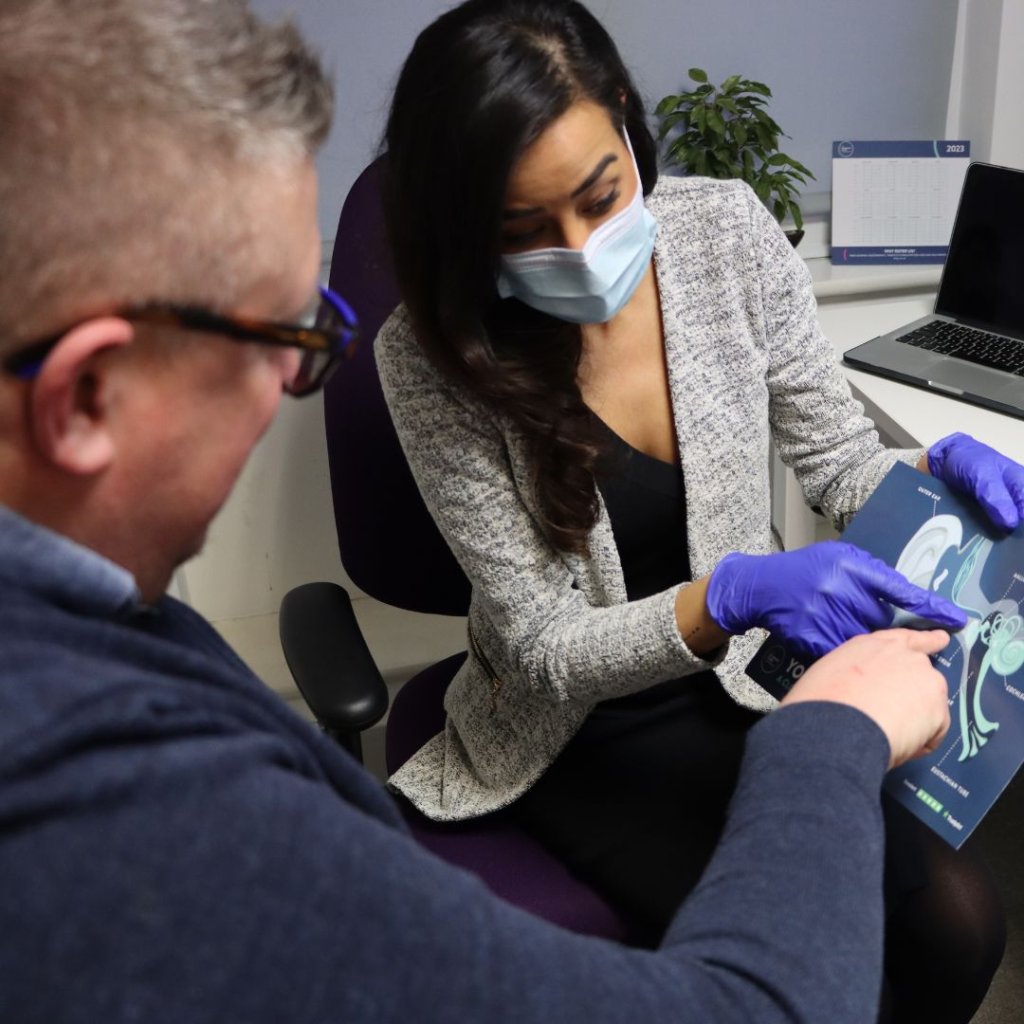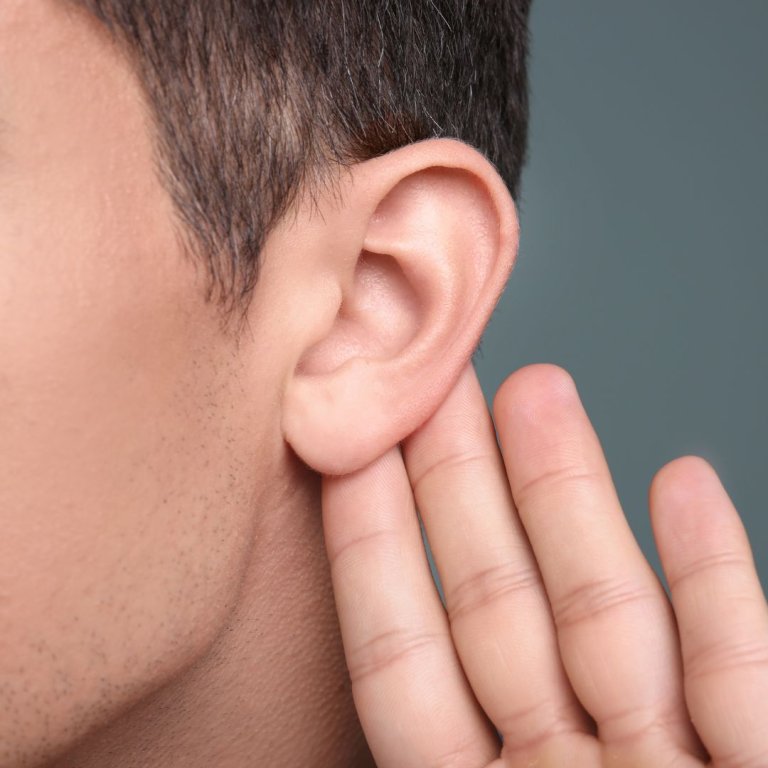Types of Hearing Loss
There are three main types of hearing loss: conductive, sensorineural, and mixed.
Conductive Hearing Loss
This type of hearing loss is located in the outer or middle ear. Usually, this is due to some kind of blockage such as earwax buildup, fluid in the middle ear, or problems with the ear canal or eardrum. Conductive hearing loss can often be treated with medicine or surgery depending on the cause.
Sensorineural Hearing Loss
Sensorineural hearing loss happens when there is damage to the inner ear or the auditory nerve. It is the most common type of hearing loss and is usually not able to be treated by medication or surgery. It can be caused by ageing, exposure to loud noises, injury, disease, certain drugs, or inherited conditions. Many people with this type of loss find they benefit from hearing aids.
Mixed Hearing Loss
Mixed hearing loss occurs when there is a combination of both sensorineural and conductive hearing loss. It might involve damage to the inner ear or the actual hearing nerve as well as issues in the outer or middle ear. A hearing assessment is vital for diagnosing the exact type of hearing loss and determining the best hearing care solution.
Each type of hearing loss has different causes and may require different treatment approaches. Understanding the specific type of hearing loss you have is essential for determining the most effective management and treatment solutions.





